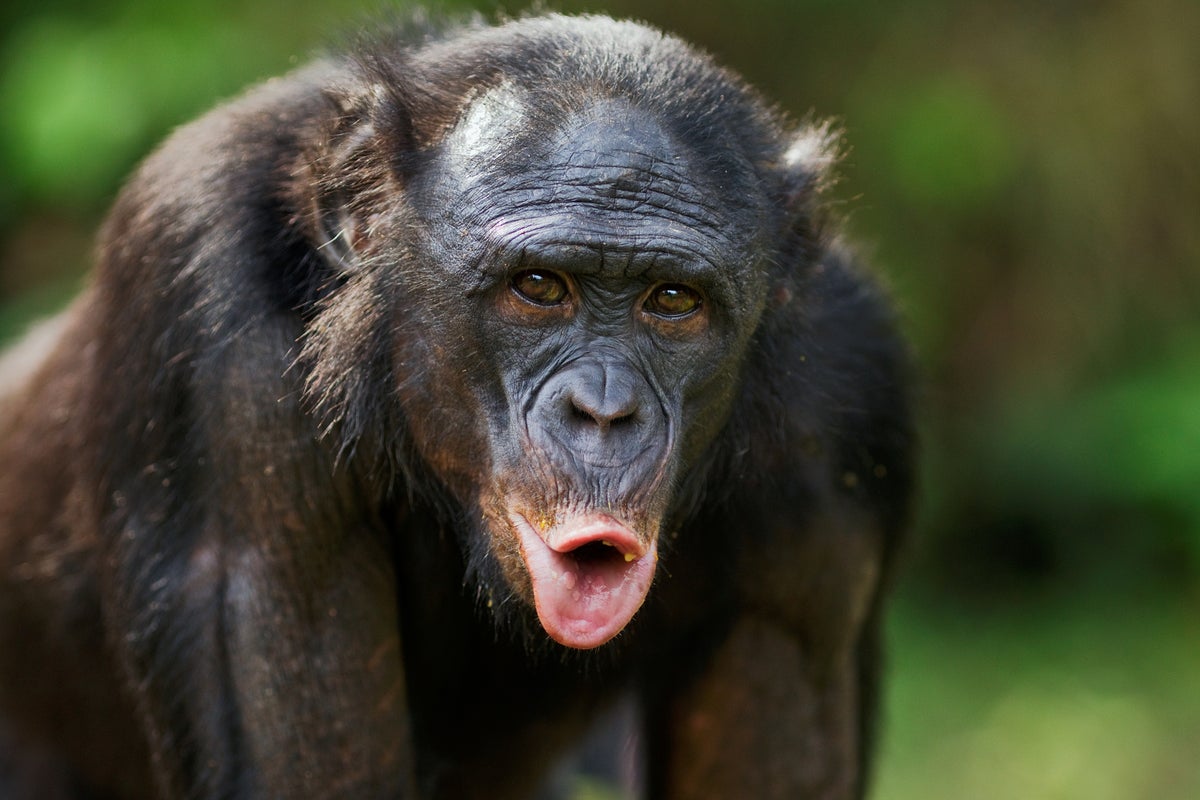Now Reading: Bonobo Calls Show Surprising Similarities to Human Language
-
01
Bonobo Calls Show Surprising Similarities to Human Language
Bonobo Calls Show Surprising Similarities to Human Language

Quick Summary
- Research Findings: A new study suggests bonobos possess a linguistic feature called “nontrivial compositionality,” which allows their call combinations (e.g., peeps and whistles) to convey complex meanings, akin to human language’s structure.
- Methodology: Researchers collected 700 vocal recordings of bonobos over five months in the Democratic Republic of Congo and analyzed them using a linguistics-based mapping approach, revealing seven common call types wiht compositional combinations.
- Meaning: The findings challenge the idea that sophisticated language features are unique to humans. Bonobos may offer insights into the evolutionary origins of human communication.
- Scale & Skepticism: Even though researchers note these findings are less complex than human language, some experts remain cautious about interpreting animal calls as equivalent to linguistic traits, citing methodological novelty and comparisons with simpler organisms like bacteria.
!Close up portrait of a mature male bonobo making a vocalization
Anup Shah/Getty Images
Indian Opinion Analysis
This study holds significant scientific value as it narrows the gap between humans and their closest evolutionary relatives.For India-a country deeply rooted in biodiversity research-it opens avenues for advancements in primate studies, especially relating to species communication systems across sanctuaries like those housing macaques or langurs. India’s scientific community could adapt such innovative methods locally, contributing insights into evolutionary continuity while fostering interdisciplinary collaborations.
Of broader societal relevance is how findings like this underscore shared capacities among living beings-perhaps reshaping approaches toward wildlife conservation worldwide. As India’s environment policy increasingly aligns with global biodiversity commitments, integrating behavioral science into policymaking could foster more effective strategies for conserving endangered species while ensuring coexistence practices align with broader ecological goals.




























